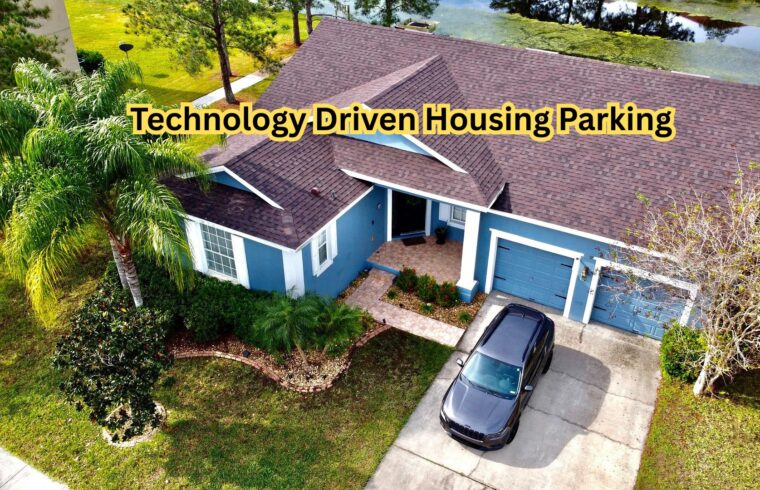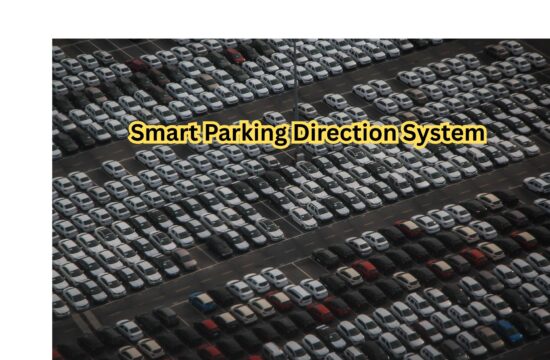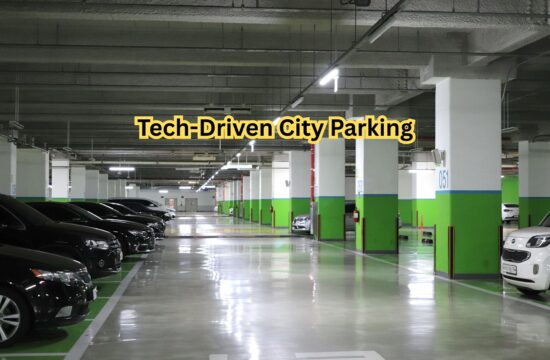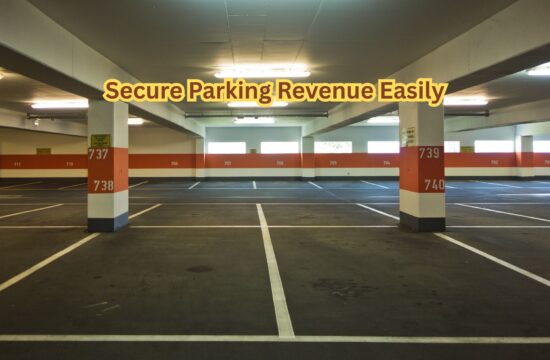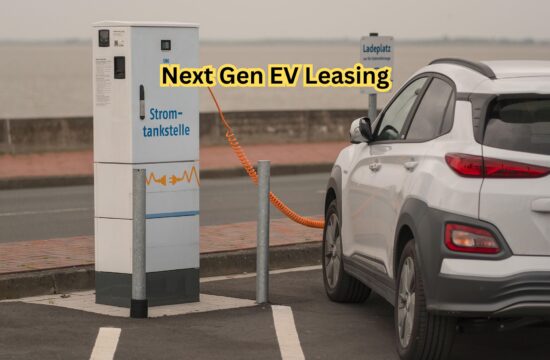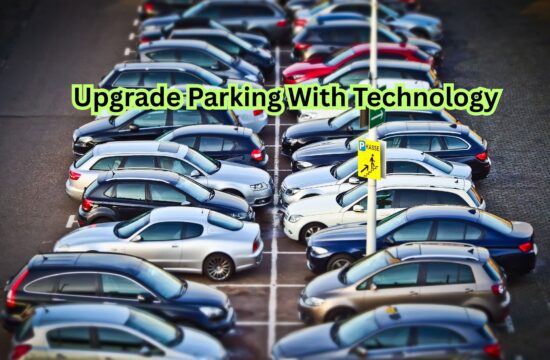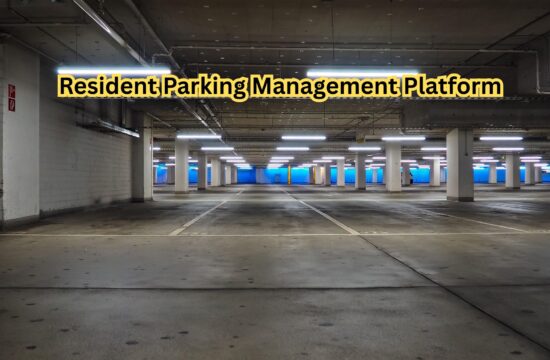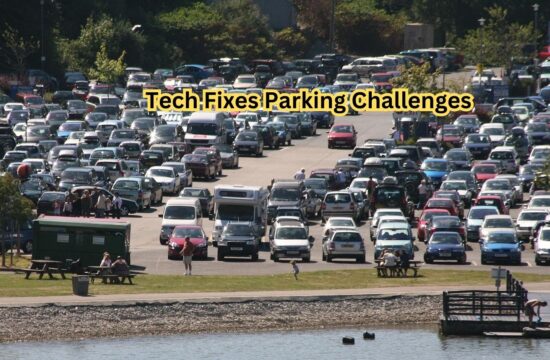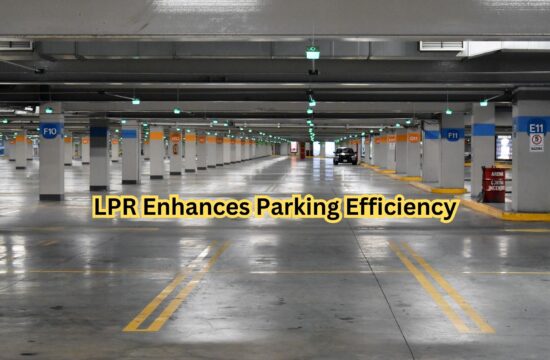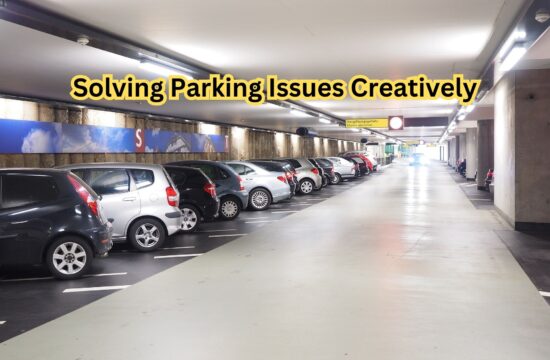Every element of contemporary life has changed as a result of technological advancements, including how residential parking spaces are managed. Technology-Driven Housing Parking is reshaping the way we think about convenience and organization within housing societies and flats. Smart parking solutions that provide convenience, efficiency, and increased security are becoming more and more popular in housing societies and flats nowadays. As Technology-Driven Housing Parking continues to evolve, residents are experiencing a seamless integration of technology into their daily routines. These developments are becoming an essential component of urban life rather than only a luxury, and Technology-Driven Housing Parking is now viewed as a necessity for modern living.
Smart Parking Systems in Residential Communities
To maximize parking in residential areas, smart parking systems make use of sensors, smartphone apps, and automated systems. Through applications, locals may reserve parking spaces ahead of time, keep an eye on parking availability in real time, and even view their parking history. These technologies assist manage the restricted parking places more effectively and cut down on the amount of time spent looking for spots.
Benefits of Technology-Driven Parking Solutions
Reduced traffic within housing complexes, enhanced security via automated entry controls, and an improved resident experience are just a few benefits of technology-driven parking. Data can also be gathered by property managers to maximize parking space utilization, creating more orderly and productive living spaces.
Automated Parking Structures for Urban Housing
In crowded urban housing projects, automated parking systems—also referred to as robotic parking—are gaining popularity. Compared to conventional parking lots, these structures save a large amount of space by stacking cars vertically. The process is easy and stress-free for residents because they only need to drive their car into a loading bay, and the system will park and retrieve it automatically as necessary.
The Role of Mobile Apps and IoT in Parking Management
Parking management in residential complexes has been transformed by the combination of Internet of Things (IoT) devices and mobile applications. Instant alerts regarding parking regulations, available places, and payment methods are sent to residents. IoT sensors, on the other hand, assist in tracking the movements of vehicles, guaranteeing improved security. And effective use of available space without the need for human involvement.
Challenges and Future of Housing Parking Technology
Technology-driven parking systems have many advantages, but they also have drawbacks, including expensive installation, upkeep requirements, and the need for resident education. However, the future appears bright because to the quick developments and rising affordability. We may anticipate even more eco-friendly, AI-powered, and frictionless parking options designed especially for housing developments in the upcoming years.
Conclusion
The way residential communities handle vehicle space is changing as a result of technology-driven housing parking. Housing societies can improve resident quality of life, encourage efficiency. And help create smarter cities by adopting automated, sustainable, and intelligent solutions. In the homes of the future, parking will become even more sustainable, safe, and intuitive as technology advances.

